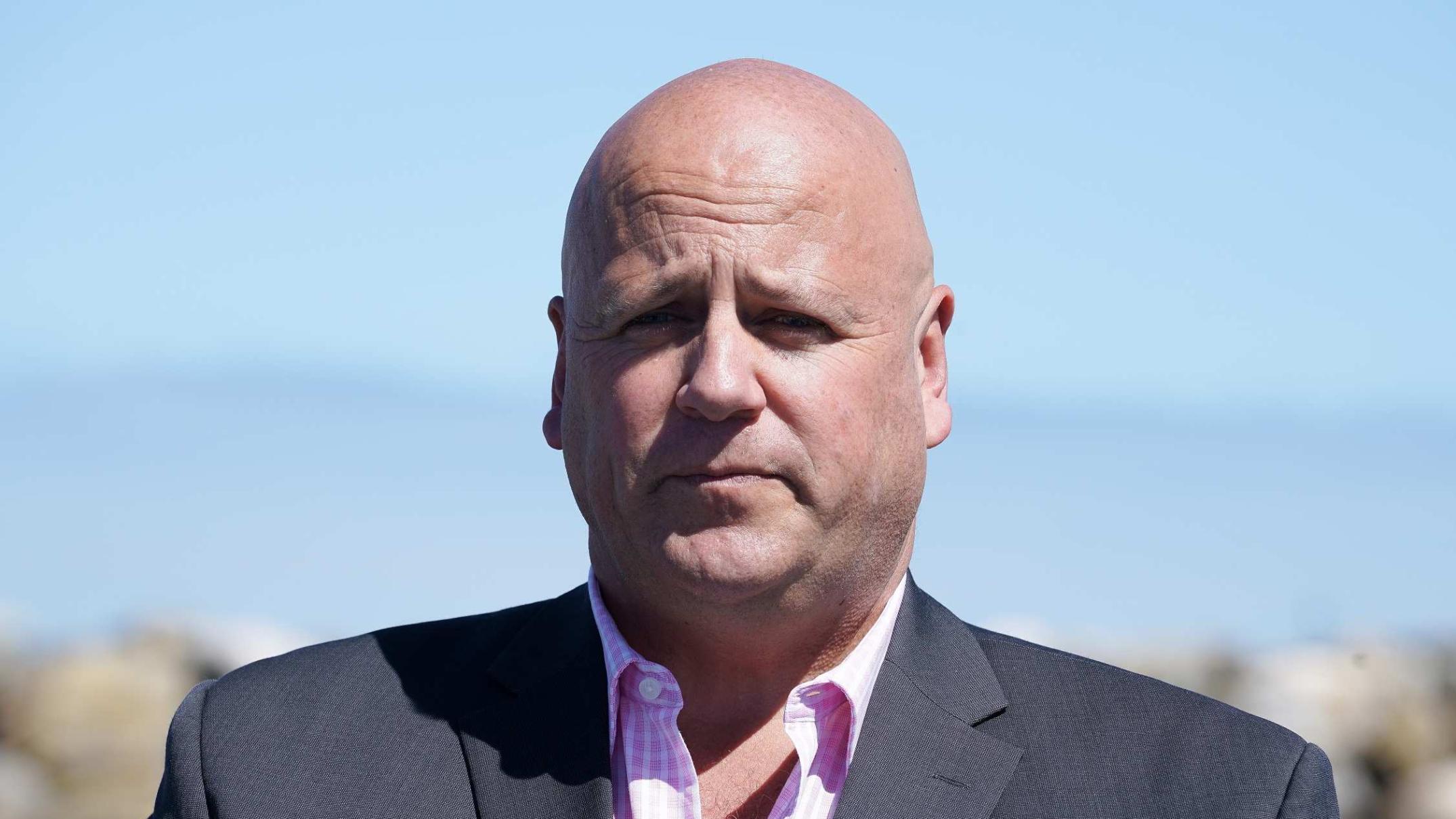Reducing emissions in agriculture could drive prosperity in the industry, rather than harm it, according to South Australia’s Primary Industries and Regional Development Minister David Basham.
Key points:
- SA’s Agriculture Minister says there’s “no need” to exempt agriculture from the state’s 2050 target of net-zero carbon emissions
- Carbon farming could be worth up to $84 million by 2030 in the South Australian outback
- A pastoralist says he thinks agricultural businesses will eventually be required to be carbon neutral
The comments came after Deputy Prime Minister Michael McCormack said the Federal Government could consider exempting agriculture from any national 2050 net-zero emissions target.
Mr McCormack told Sky News he did not want a carbon emission policy to cause any financial harm to rural Australia.
“Well if that’s what it takes, well that’s what it takes, but we’re not going to hurt regional Australia, we’re not going to hurt those wonderful people who’ve put food on our table,” he said.
The SA Government has committed to achieving net-zero carbon emissions by 2050.
Mr Basham said his state’s carbon emission target would promote different ways of managing the land that would help pastoralists, such as carbon farming.
“I think we will actually need different management practices, which may need increased jobs in the community to deliver that. To me, there’s real opportunity and a win-win for all.”
.(ABC News: Adam Kennedy)
Mr Basham made those comments as a report was published showing that carbon farming could be worth up to $84 million a year for the South Australian rangelands, by 2030.
He said there was no plans to exempt agriculture from South Australia’s emissions targets.
“It’s not under consideration,” he said.
“It’s very much about working with those sectors to make sure that we have an opportunity for them to take the advantage, if that advantage is there for them.”
Australian Integrated Carbon chief operating officer Russel Seaman said it was unclear if exempting agriculture from a net-zero carbon emissions target would affect pastoralists’ ability to sell carbon credits.
“If you’re excluded from it, does that mean you can still generate an Australian carbon credit unit?” he said.
Carbon farming involves growing and managing trees and vegetation that can increase the amount of carbon stored in the soil, which in turn generates carbon credits that can be sold.
Outback pastoralist and Outback Community Authorities chair Bill McIntosh said he thought it was only a matter of time before agricultural businesses were expected to try to reduce carbon emissions or take part in carbon sequestration.
“And it’s a matter of how we do it with the least impact on our business, and by building it into the way we operate. We might even better use that to our advantage.”
SA lags behind
Mr Basham said South Australia was behind the rest of the nation in terms of the number of carbon farming projects.
“At this point in the pastoral rangelands area, we only have three projects that are in operation, that’s in relation to about 300 nationally, so we’re 1 per cent of the opportunities [that have] been taken up,” he said.
Mr Basham said South Australia’s current legislation was getting in the way of more carbon farming projects.
Permanence is ‘essential’
Currently pastoral leases last for 42 years, however that could be expanded to 100 years under the State Government’s review of the Pastoral Act.
Mr Seaman said longer leases would provide more certainty for pastoralists who wanted to take on carbon farming projects.
“One of the essential items to generate an Australian carbon credit is permanence,” he said.
“So, they need to get their policy settings improved.”




